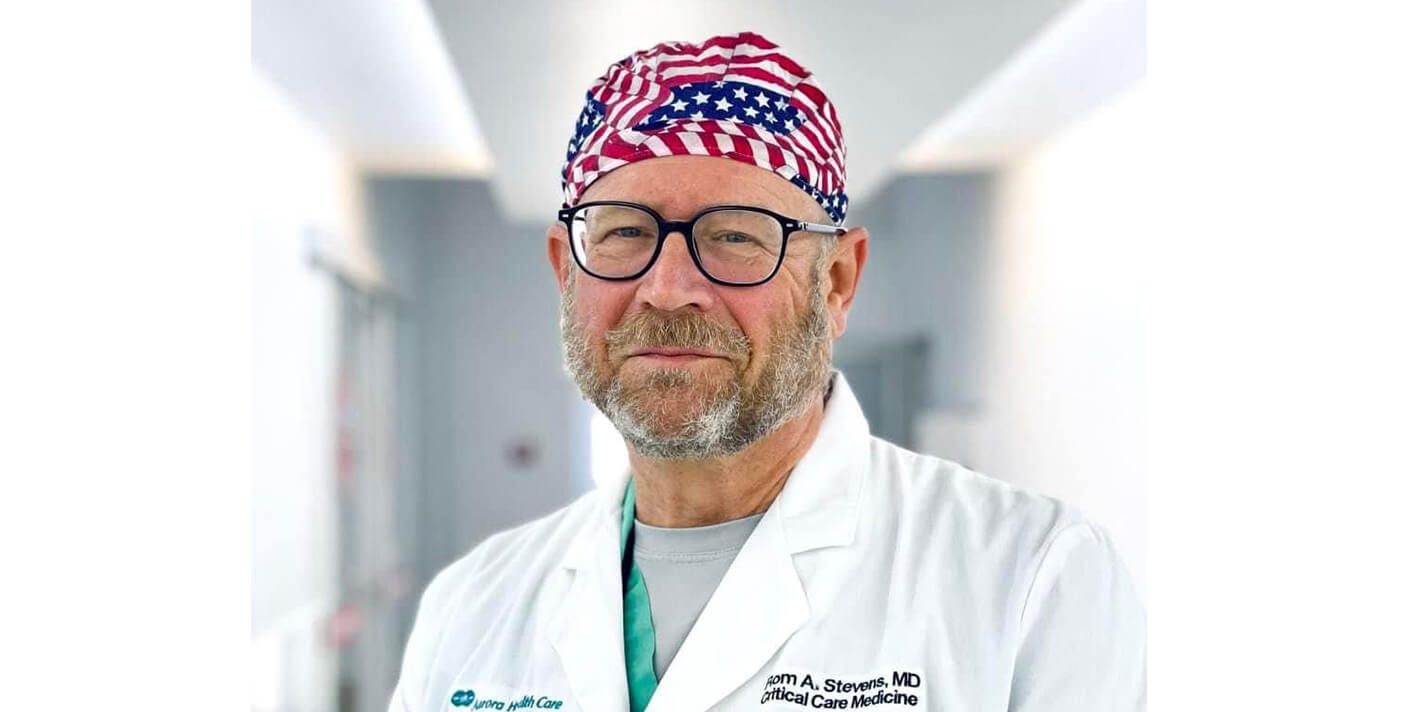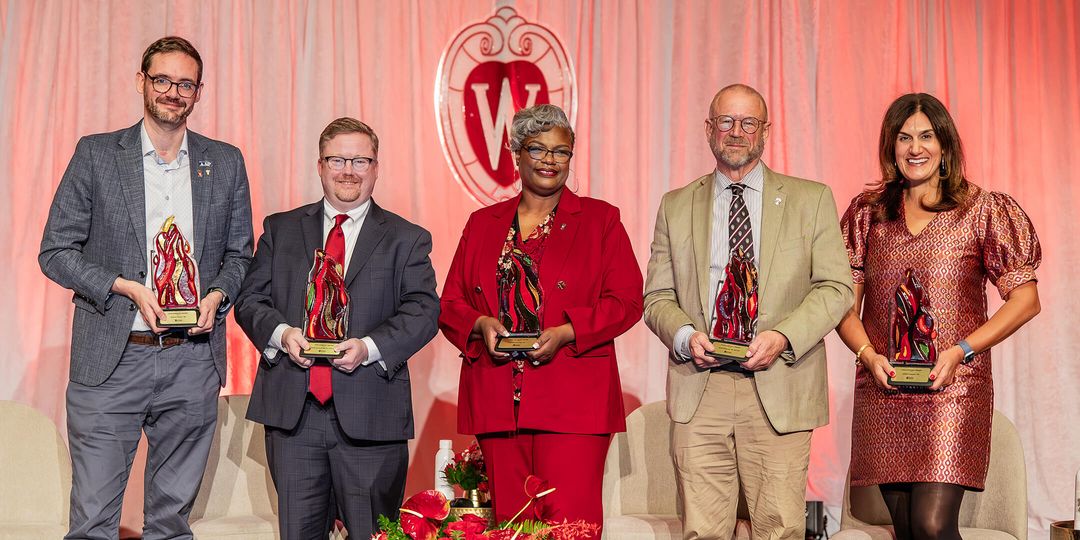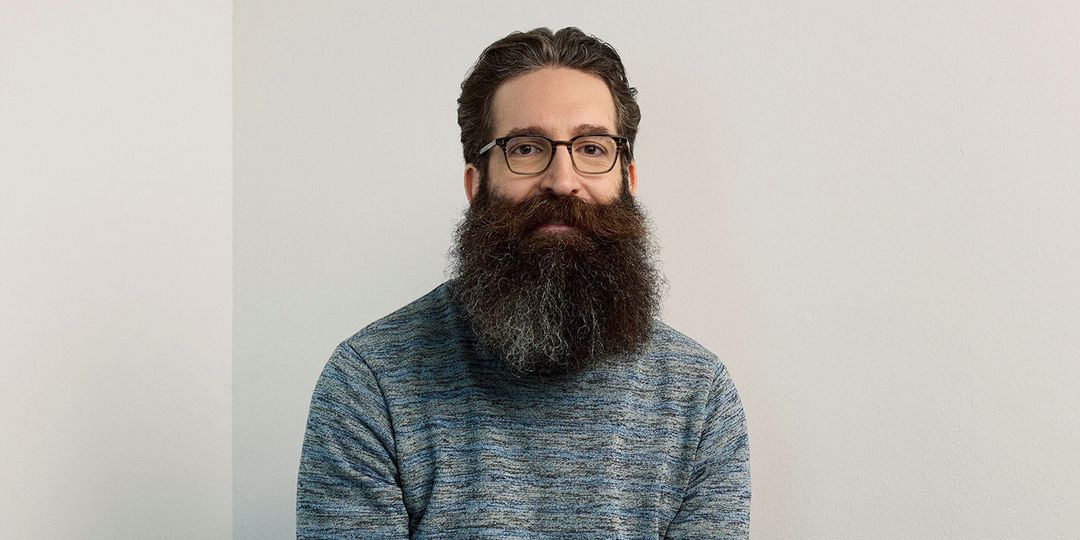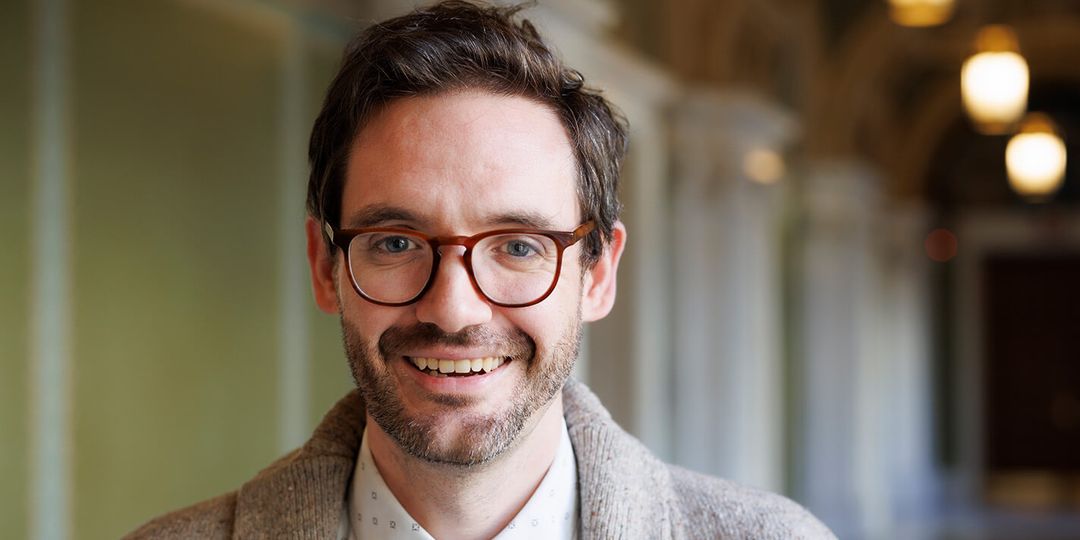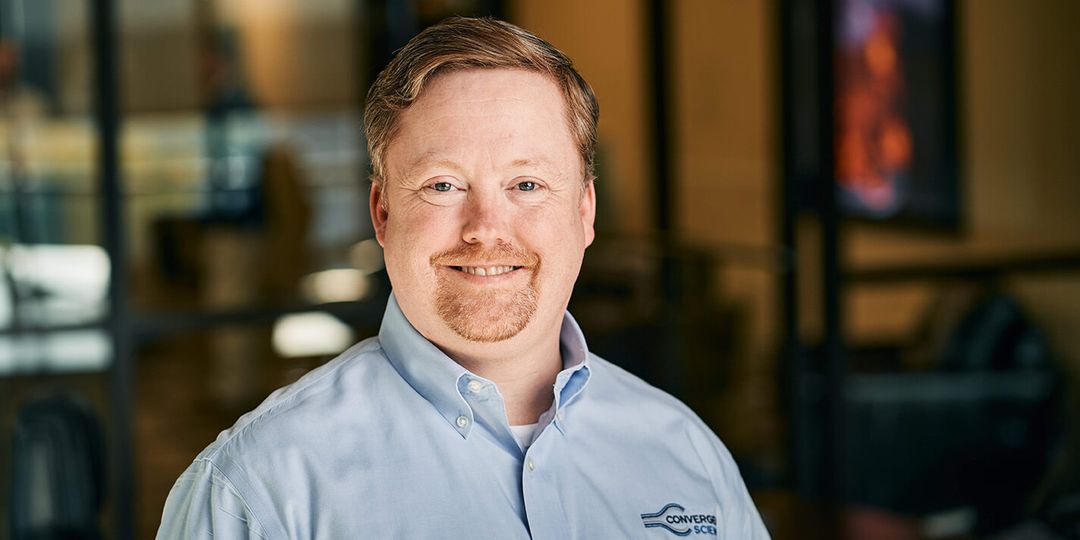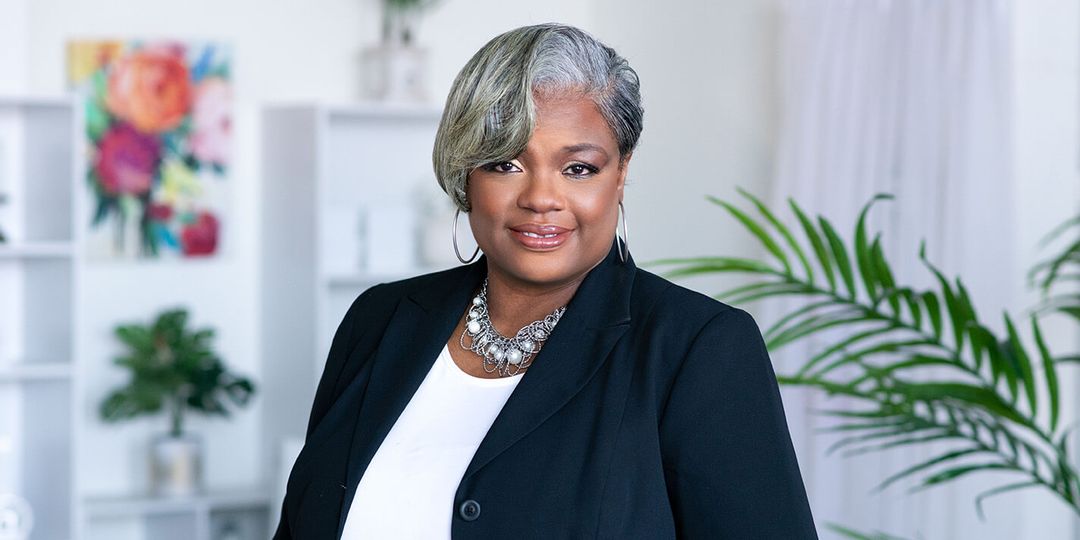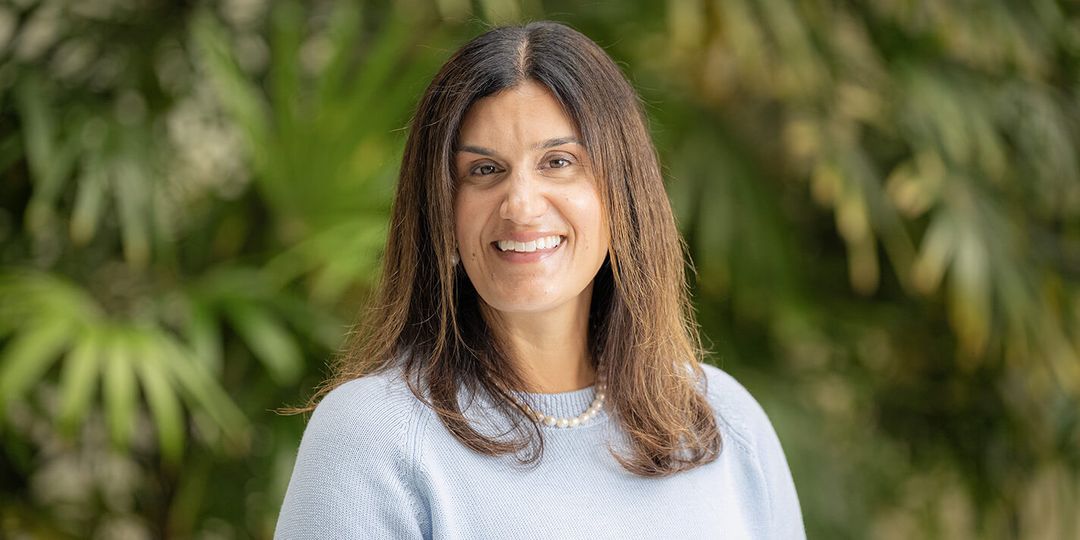Professor of Anesthesiology and Medicine, Rosalind Franklin University of Medicine and Sciences
UW Majors: Molecular Biology; German; Medicine
A call to serve and a commitment to public health and medical education have taken Rom Stevens ’78, MD’82 from the classroom to combat zones. For more than three years, the physician, educator, and U.S. Navy veteran has traveled to Ukraine, training physicians in trauma care and life-saving diagnostic skills.
When Russia launched a full-scale invasion of Ukraine in February 2022, Stevens felt moved to act. He took a leave of absence and headed to Eastern Europe, where his work is hands-on and often high-risk. (In Zaporizhzhia, 25 kilometers from the front, air raid sirens often pierce the predawn silence.) “Civilian structures are targeted every day: apartment buildings, hospitals, clinics, train stations, schools,” he says.
Like the Ukrainian doctors and nurses he mentors and supports, Stevens persists despite daily threats. While Ukrainian clinicians care for war-related casualties, he focuses on teaching medical educators through lectures, workshops, and webinars. His point-of-care ultrasonography training has reached more than 600 doctors across the country. He has partnered with Ukrainian medical universities and nongovernmental organizations to teach bedside diagnostic ultrasonography and lecture on a range of medical topics relevant to war casualty care.
Stevens’s connection to Ukraine predates the current war. In 2011–12, after a tour in Afghanistan, he led medical support for a multinational naval exercise held in Odesa. The experience forged lasting bonds with Ukrainian colleagues and sparked his curiosity about their country. “Ukrainians are fighting not only for their independence but for democracy in Europe,” Stevens says.
His support for democracy in Ukraine reflects a broader commitment to service. A retired U.S. Navy captain, Stevens served 36 years as a clinician, commanding officer of a Marine Corps medical battalion, and senior staff officer in peacetime and in war. He organized medical and mental health resources for redeploying reservists returning home from combat and coordinated humanitarian efforts in Alaska, New Orleans, Iraq, and East Africa.
Stevens’s dedication to medical education traces back to UW–Madison. A second-generation Badger, he took full advantage of the UW’s diverse academic offerings, studying German, Spanish, history, and music in addition to his major in molecular biology. “I look back at my time at the UW very fondly and with tremendous gratitude for a solid, well-rounded education,” he says.
Stevens earned an undergraduate degree with honors in 1978, followed by an MD in 1982 sponsored by a Navy Health Professions Scholarship Program. In 1987, he received a doctor of medicine degree from the Heinrich Heine University in Düsseldorf. He has held faculty positions at several academic institutions including the Uniformed Services University of the Health Sciences, the Mayo Medical School, Loyola University of Chicago, and Rosalind Franklin University of Medicine and Science.
“He proudly represents the UW wherever he goes,” says Sarah Rothschild, executive director of the Wisconsin Medical Alumni Association (WMAA). Stevens has served on the WMAA Board since 2019 and led efforts to endow the Class of 1982 Humberto A. Rodriguez, MD, Memorial Scholarship Fund. The scholarship is named for a friend and classmate who died in 2013.
As Rothschild puts it, “Professor Stevens embodies the Wisconsin Idea by extending the reach of UW–Madison’s values — knowledge, service, and public good.”
